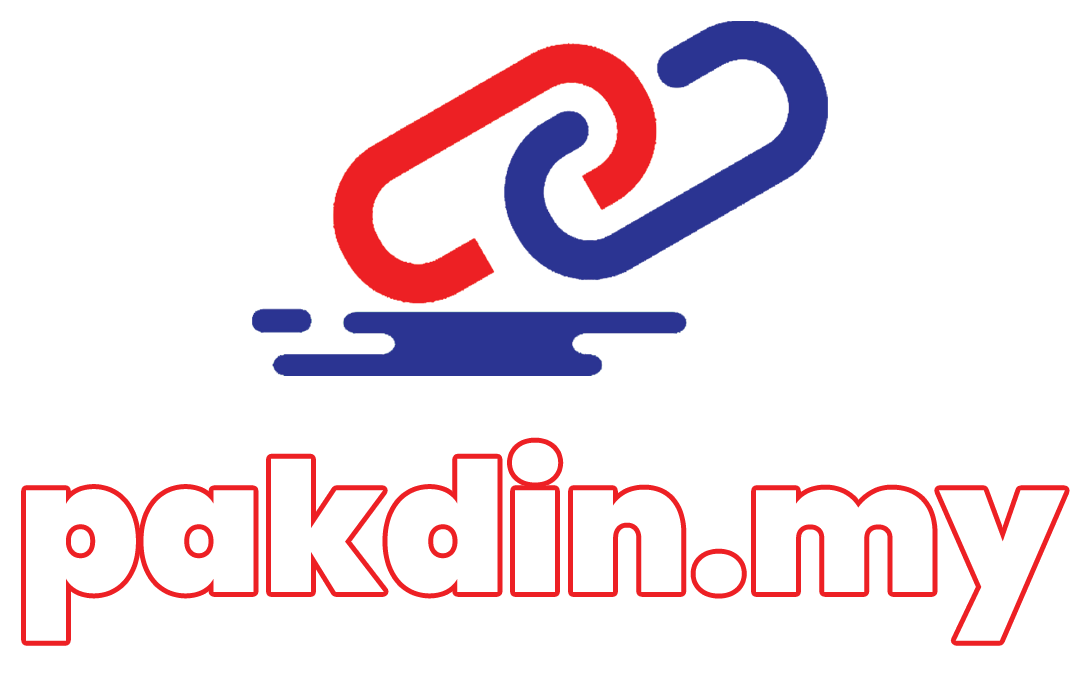The Malaysian Communication and Multimedia Commission (MCMC) has issued a stern warning to cellular companies that are providing 3G services on lower-than-agreed bandwidth, causing a deterioration in the quality of 3G services.
Most of the 3G players are using the 900 megahertz (MHz) and 1,800MHz frequency bands to roll out 3G services instead of the primary 2,100MHz band meant for 3G.
The regulator has given the players till the end of the year to come up with a plan to rectify the situation or face hefty fines, given the rise in the number of complaints regarding the capacity and speed of 3G services.
“We did an audit over three months ago and this has come to light. They have been putting up 3G coverage but not capacity and speed, and hence, the 3G services are slow. We issued the warning two weeks ago and have given them till the end of December to come back to us or action will be taken against them,” MCMC chairman Datuk Mohamed Sharil Mohamed Tarmizi.
He, however, added that “some of them have taken steps, but a lot more needs to be done”.
The rationale for telco operators to roll out their 3G on the lower bands is simply because it is more cost-effective to do so, according to telco experts.
Simply put, the higher the band, the higher the data capacity that can be carried on that network. However, the higher bands have smaller areas of coverage, and hence, the investment has to be higher.
“Some players have economised on investing in 2,100MHz to push coverage instead of higher capacity and speed. They are trying to compromise on quality. They may be stretching their dollar by not putting in enough base stations despite having made a lot of money all these years,” said an telco expert.
Another added that “consumers need more bandwidth for tablets than phones and this means the players may have compromised on the quality of service. Perhaps, some of the players had underestimated the tablet demand and had under-provisioned”.
The four recipients of the 3G spectrum are Celcom Axiata Bhd, DiGi.Com Bhd, Maxis Bhd and U Mobile.
The four players did not respond to queries from StarBiz as at press time.
“The concern is two-fold – first, there is concern about the quality of service of existing customers on the 900MHz/1,800MHz spectrum.
“Second, and more important, is the fact that rolling out 3G on any spectrum other than 2,100MHz could mean under-utilisation of the 3G primary band given to the players by the Government to provide maximum benefit of higher data capacity and speed to consumers,” said the expert.
“The onus is now on the regulator to find out if the Internet data rates charged for 3G services commensurate with the actual delivery of speed and capacity. If not, then consumers should not be burdened.”
Late last year, MCMC also dished out parts of the 2,600MHz spectrum band to eight players, including the main incumbent telco operators, to roll out 4G/ long-term evolution or LTE services.
Some of the players have asked to be allowed to upgrade on the 1,800MHz, on top of the 2,600MHz. Again, this would be a move to provide less capacity, but the regulator does not want a repeat of the 3G debacle.
Sharil said: “We have mandated that for every two base stations on 1,800MHz, operators will have to roll out one base station on 2,600MHz, as they have to provide adequate capacity and not coverage alone.
“The lower-bandwidth base stations are to accommodate for some handsets usage.”
MCMC has been making serious efforts at raising the quality of services for consumers in Malaysia.
Last year, it conducted a survey and found that the rate of dropped calls was bad among certain operators, and highlighted its findings.










